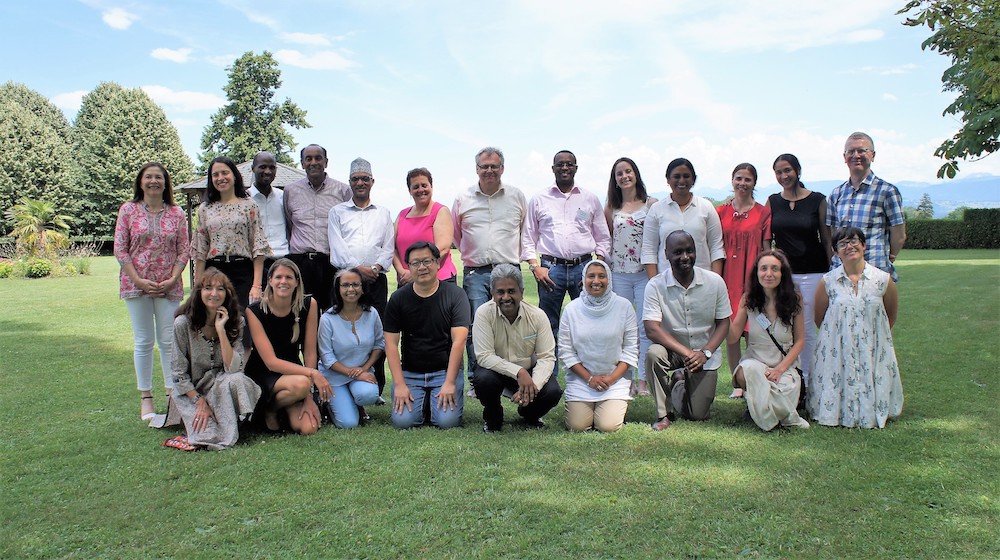About the Consortium

The consortium is a platform where experts working on early childhood, violence against children, education and peace building, representing faith based organizations, civil society, international organizations, religious communities and academia, come together to share ideas and expertise, and build on each others’ experiences to improve the quality of early childhood.
The consortium focuses on children’s spiritual development through advocacy, research, the creation of tools, and replicable practices in religious communities and faith-based and civil society organizations that support parents and caregivers in creating safe, healthy and loving environments that affirm children’s human dignity. The consortium develops evidence-based materials to support holistic approaches to early childhood that consider the external and structural factors that affect child upbringing.
By drawing on the deepest teaching of our spiritual traditions and the latest research on child development, the Consortium provides space for dialogue and creation of convergences to mobilize religious communities to play a more active role in creating a better world for children.
Across the world, religious communities play a critical role in supporting, morally, spiritually and practically, families and caregivers in child upbringing. Their focus on the ethical aspects of child rearing, including non-violent approaches to parenting and promoting the spiritual development of children, can make a crucial contribution to creating peaceful and harmonious families and communities. This helps to break the vicious cycle whereby violence is transmitted between generations.
Nurturing values and spirituality in early childhood acts as a protective factor preventing and mitigating violence against children at family and community levels, hence promoting the development of the whole child. The approach supports the development of children’s identities, strengthens their capacity to relate to others, learn non-violent alternatives; and it helps creating safe and empowering environments that reinforce the nurturing care that parents and caregivers should provide to children.
